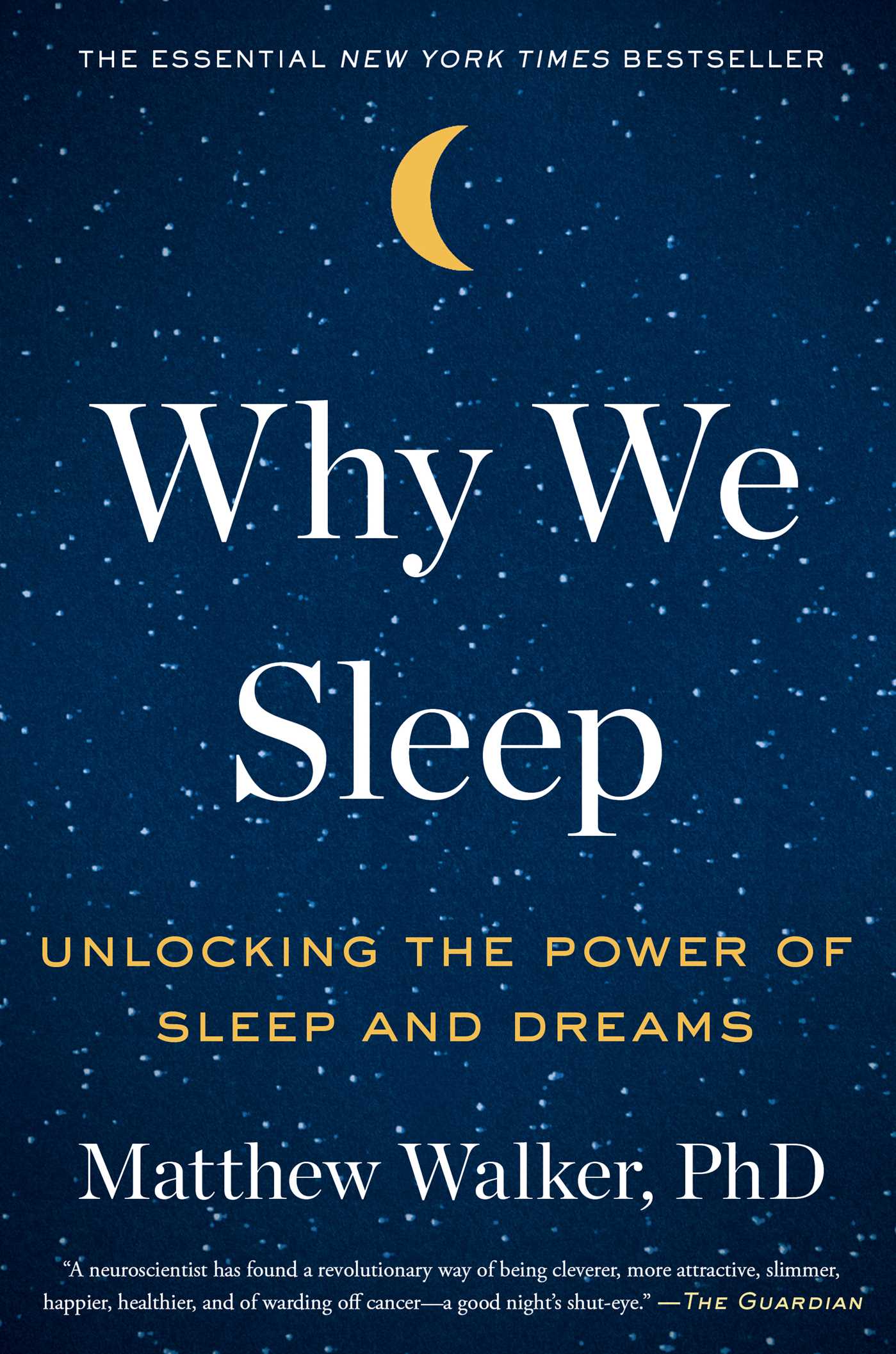
Further thoughts on “Why we sleep”
I’ve mentioned the book “Why we sleep” by Matthew Walker a few times on this blog – when running a poll on sleep, and as one of my favorite books read in 2019. I also blogged about the problem of sleep deprivation in the past.
A reader was kind enough to point out that the facts in “Why we sleep” don’t hold up. His fact-checking is extremely thorough, so I recommend you check out his website.
In addition, one of the main topics I struggle with that are not addressed in the book is sleep for parents of young children. The way in which my nights are disturbed is hard to predict. I sort of count on sleeping through the night, and just tend to shrug it off if that’s not the case. I (*think I*) can function properly on 5 hours of sleep when it happens one day, but not a few days in a row.
In general, I think I sleep enough – although I sleep in on the weekend and am a bit sleep-deprived during the week. I’ve also noticed that my average sleep per year has been going down.
From my fitbit I know, that I slept on average”
– in 2015: 7h43min
– in 2016: 7h50min
– in 2017: 7h59min (very skewed data: lots of sleep during pregnancy, then a steep drop after baby was born)
– in 2018: 7h41min
– in 2019: 7h22min
– in 2020: 7h12mmin
Note that in 2019, the algorithm of my fitbit changed, now logging only “time slept”, so subtracting the 30-45 min a night in total that I am awake. Adding that to the results of 2019 and 2020 shows that my average length of sleep has not changed over time.
This shows, I guess, that overall, my amount of sleep hasn’t changed much as a parent. But it is lived in a different way, with the occasional nap and with sleeping in on the week.



